The Endless Night of Dark City
A man with no memory awakens in a city trapped in eternal night, ruled by beings who reshape reality. “Dark City” explores identity, control, and the search for truth in a world without sunlight.
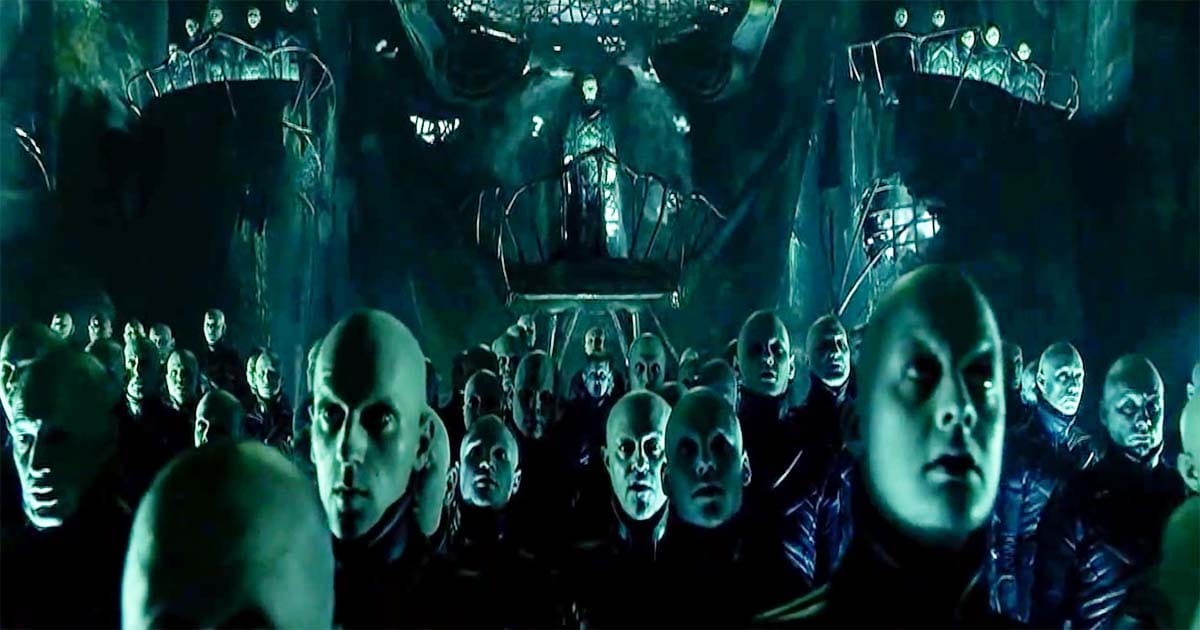
There is a city that never wakes. The streets are wet and glimmer under false light, and every face seems borrowed from another life. Buildings rise and fall without sound while the people dream through each reconstruction.
In this place, memory is an illusion, and time has no meaning. The 1998 film "Dark City," directed by Alex Proyas, begins here in a world shaped by fear and control, where a man searches for truth in the darkness.
John Murdoch opens his eyes in a hotel room and finds his past erased. The city presses in on him like a maze that changes shape with every turn.
He does not know who he is or why pale men in black coats follow him through the night. This confusion is not a flaw in the film but its design. The viewer must feel lost before the mystery can take hold.
The Strangers rule this world through manipulation and experiment. They erase identity as easily as they move walls. Beneath their cold precision lies a question that has followed humanity since Genesis. What makes a man himself when memory can be stolen? "Dark City" explores that question with beauty, terror, and grace, inviting its audience to step into a shadow where truth is always just out of reach.
| Attribute | Value |
|---|---|
| Title | "Dark City" |
| Director | Alex Proyas |
| Writer | Alex Proyas, Lem Dobbs, David S. Goyer |
| Actors or actresses | Rufus Sewell, Jennifer Connelly, Kiefer Sutherland, William Hurt |
| Rated | R |
| Runtime | 1 h 40 min |
| Box Office | ~$27 million worldwide |
| U.S. Release Date | February 27, 1998 |
| Quality Score | 8.0 / 10 |
Synopsis
John Murdoch wakes in a bathtub with no memory of who he is or how he arrived there. A dead woman lies nearby, and a mysterious phone call urges him to run.
The city around him feels wrong. Its lights flicker, its citizens behave as if they are half-awake, and the night never ends. Murdoch soon learns that he is being hunted for murders he cannot remember committing.

As he searches for answers, Murdoch crosses paths with Inspector Frank Bumstead, a weary detective trying to make sense of the impossible.Bumstead wants truth as much as justice, and his investigation draws him deeper into the city's strange design.
Every street seems to lead back to the same place, and every clue fades like smoke. Their shared confusion becomes a kind of partnership born from desperation.
Behind it all stand the Strangers, pale and silent beings who control the city from the shadows. They possess a power called tuning, which allows them to reshape buildings and alter memories at will.
Each midnight, time stops as they rearrange the lives of the citizens for their own study of human nature. The people wake with new identities, unaware that anything has changed.
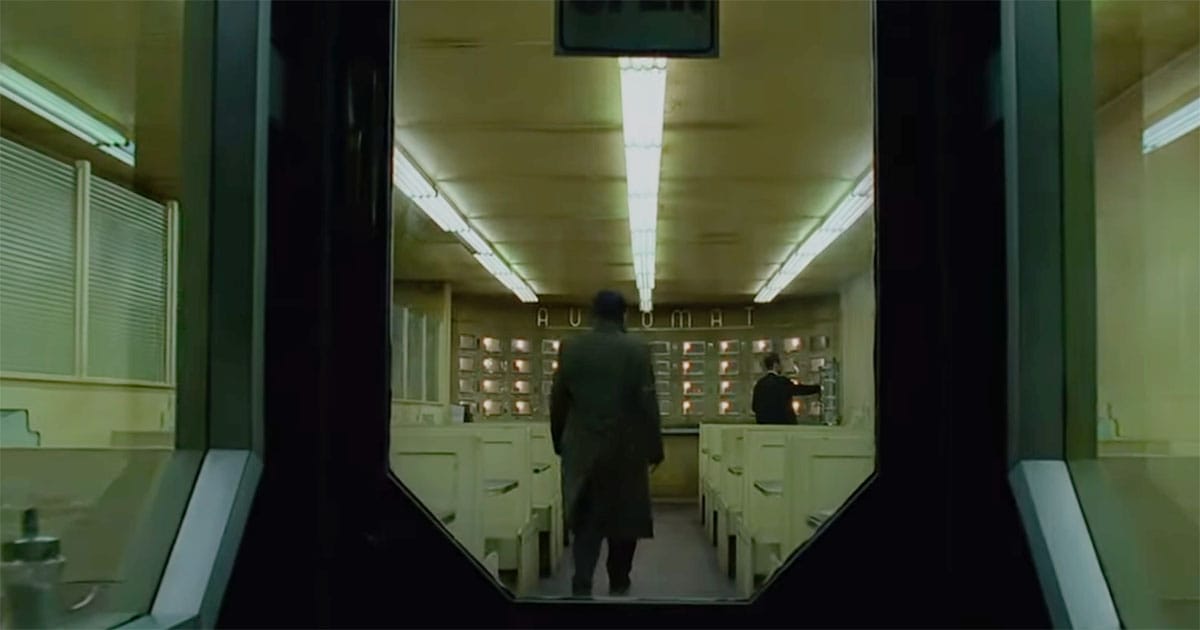
Murdoch discovers that he shares their power but not their purpose. His ability grows stronger as his understanding of the city deepens. The doctor who once served the Strangers, Daniel Schreber, becomes both guide and confessor, revealing that the entire city is a floating construct sealed from the real world. There is no sky, only the illusion of one, painted and false.
In the film's final act, Murdoch confronts the leader of the Strangers in a battle of wills. The fight is less about strength and more about belief in one's humanity. When the city is finally reshaped by Murdoch's hand, dawn breaks for the first time.
He creates Shell Beach, the place everyone remembers but no one has seen, and opens the gates to sunlight that had never existed before. The story closes not with triumph but with recognition—a man reclaiming his soul in a world that tried to take it away.
Themes
The city in "Dark City" is a cage built from thought and memory. Every wall and street is a reflection of its citizens' stolen identities. The film's central theme is memory —or rather, its absence.
Without memory, the characters lose the foundation of who they are. Murdoch's journey is not only about survival but about understanding what makes a man real when every recollection may be false.
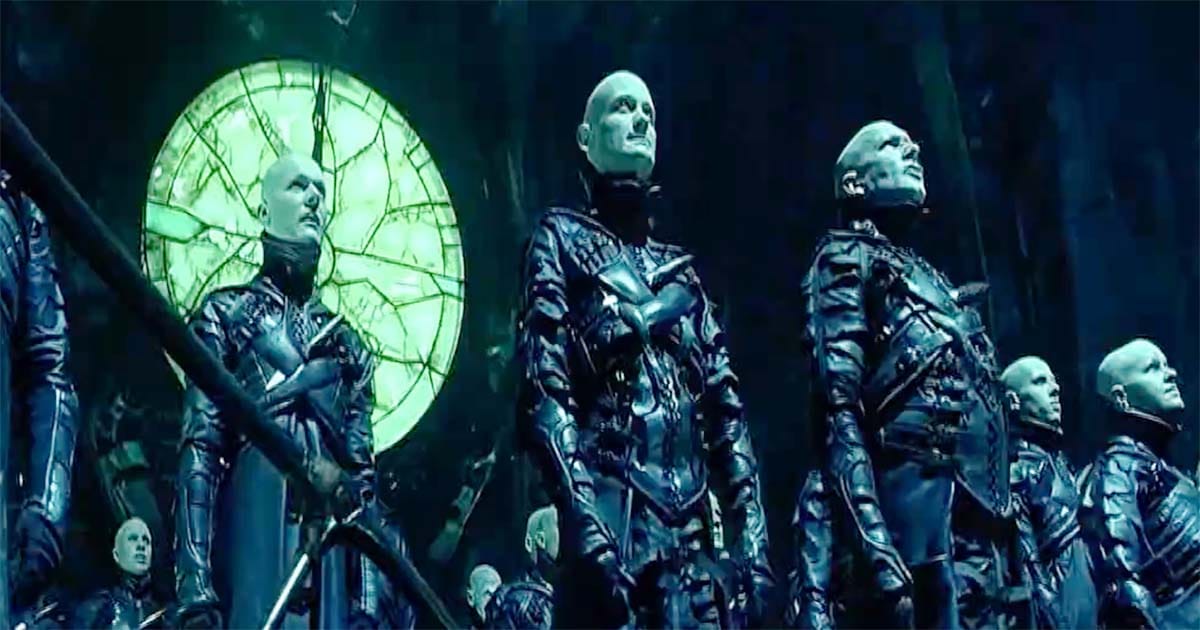
Identity becomes the film's moral center. The Strangers experiment on the city to understand the human soul, but their control exposes their failure to grasp what they study.
They believe that memories shape humanity, yet the film suggests something deeper—character and choice. Murdoch proves that memory alone does not define a man. His actions, not his recollections, give him meaning.
Another theme is control. The Strangers manipulate reality, but their power depends on deception. The city is a machine of obedience, and every midnight ritual renews submission. Murdoch's rebellion breaks that cycle. His awakening is the film's statement that freedom, even in the smallest form, is divine.
The visual design reinforces these ideas. The endless night, the narrow streets, and the moving architecture mirror the characters' confusion. The absence of sunlight becomes a symbol for ignorance, while the final dawn marks a spiritual awakening.
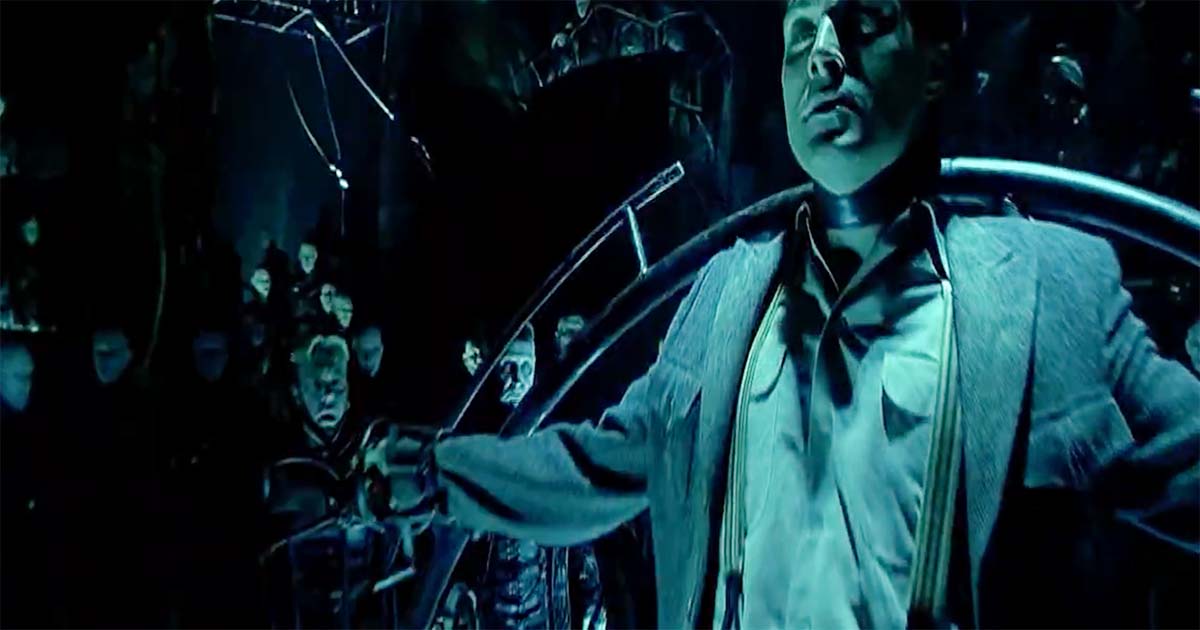
"Dark City" belongs to the tradition of noir and existential science fiction. Like the best of that lineage, it turns philosophical questions into physical space. The result is a work that challenges both the mind and the eye. Beneath its shadows lies a message older than science fiction itself—truth exists, even when it must be fought for in the dark.
Who Will Watch This
"Dark City" speaks to viewers who value atmosphere and meaning as much as action. It draws in those who enjoy stories that ask questions rather than provide answers.Fans of classic science fiction and noir will find comfort in its shadows. The film rewards patience and attention, offering new details each time it is revisited.
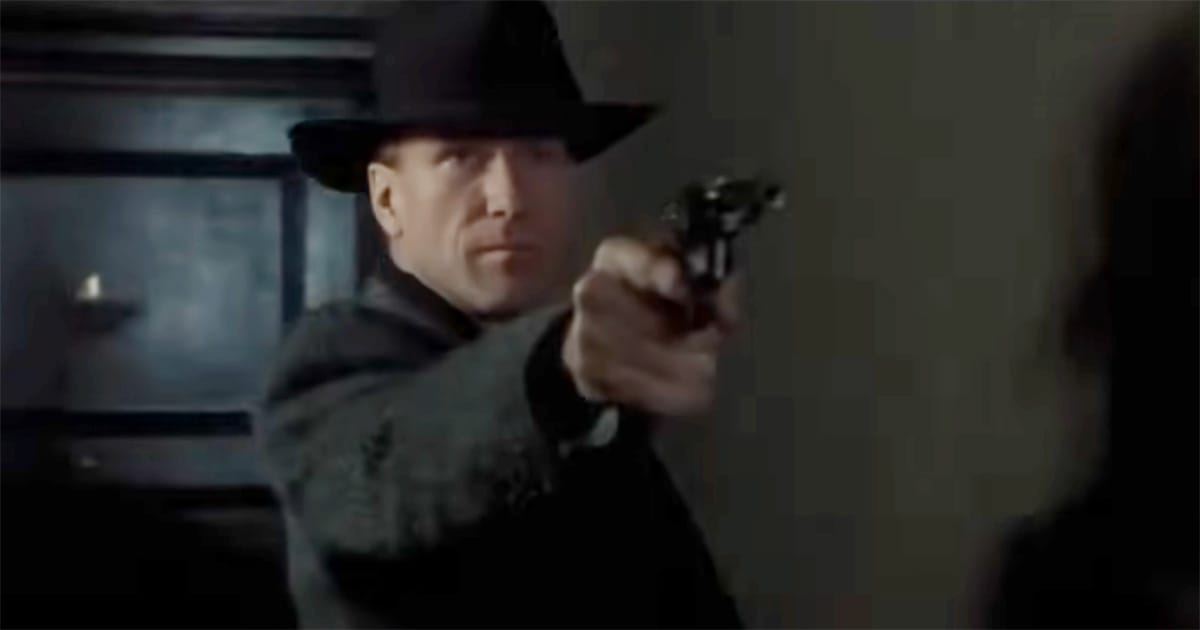
It will also appeal to men who appreciate stories about identity, will, and redemption. Murdoch's struggle against forces that control his world mirrors the timeless fight for self-determination. The story's moral weight and visual craft connect to audiences who see science fiction as a way to explore the human condition, not escape it.
Cinephiles who admire craftsmanship will find much to study here. Every frame is deliberate, every shadow purposeful. The film's slow pace and dense symbolism are not for everyone, but for those willing to enter its darkness, the reward is a kind of revelation. "Dark City" offers a reminder that science fiction can still be personal, thoughtful, and profound, even when wrapped in mystery.

